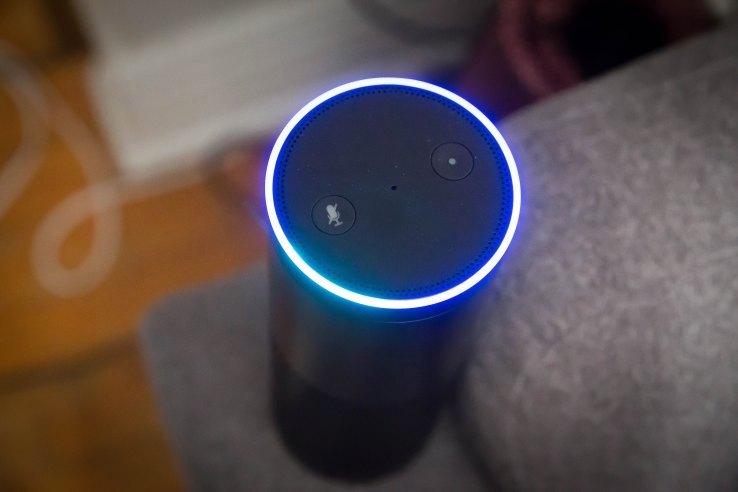

Last year, Amazon announced a set of tools that allowed third-party developers to integrate its virtual assistant Alexa, which today powers devices like the Echo speaker and Fire TV, into their own apps. Now, the company has introduced a number of improvements to one of these tools, Alexa Voice Services (AVS), which will enable a variety of new features, including the ability to adjust the volume, control the playback of media, set timers, and more.
With AVS, developers can actually take Alexa and build it into their own hardware device, whether that’s their own speaker system, bedside alarm clock, or even something larger – like a vending machine you can interact with using voice commands. One of the debut launch partners for AVS was Scout, which said it would build Alexa into its own home security system. Another is the Y Combinator grad Toymail, which reimagines the mobile phone for kids by housing messaging features in a cuddly toy.
The developer preview of AVS was launched last summer, but this week Amazon announced it was making several “architectural improvements that include updated APIs and message structures,” as well as adding Alexa app support, and the ability to send server-initiated messages.
For developers, some of the added features include the ability to adjust, mute or unmute the volume on a device using voice or buttons; the ability to control media playback (e.g. play/pause) using voice or buttons; and the ability to set and manage alarms and timers using voice.
The Amazon Alexa app can also be used to control these items (volume, playback, timers/alarms), as a part of this update.
AVS previously supported a number of other functions, including the ability to play music, request the weather forecast and local news, get traffic updates, ask general knowledge questions, query Wikipedia, and more – all things that they could otherwise do with an Amazon Echo speaker. And by using the Alexa Skills Kit (ASK), developers could also access the growing number of third-party skills in their own Alexa-enabled product, as well.
Why is this all important? Well, today, the Echo speaker is getting most of the accolades as Amazon’s groundbreaking device that represents a shift in computing – it has even been dubbed the next “must-have” gadget to follow the mobile phone. But with AVS and ASK, Amazon is paving the way for an entire Alexa ecosystem to emerge – and it’s funding startups that have the promise to deliver on that agenda, ranging from kitchen gadgets to intelligent sprinkler systems to wireless hi-fi systems to connected car systems and other items.
With these newer improvements to AVS, Amazon Alexa could more easily power a number of other devices, too, including even rival speakers, alarm clocks, and more.

